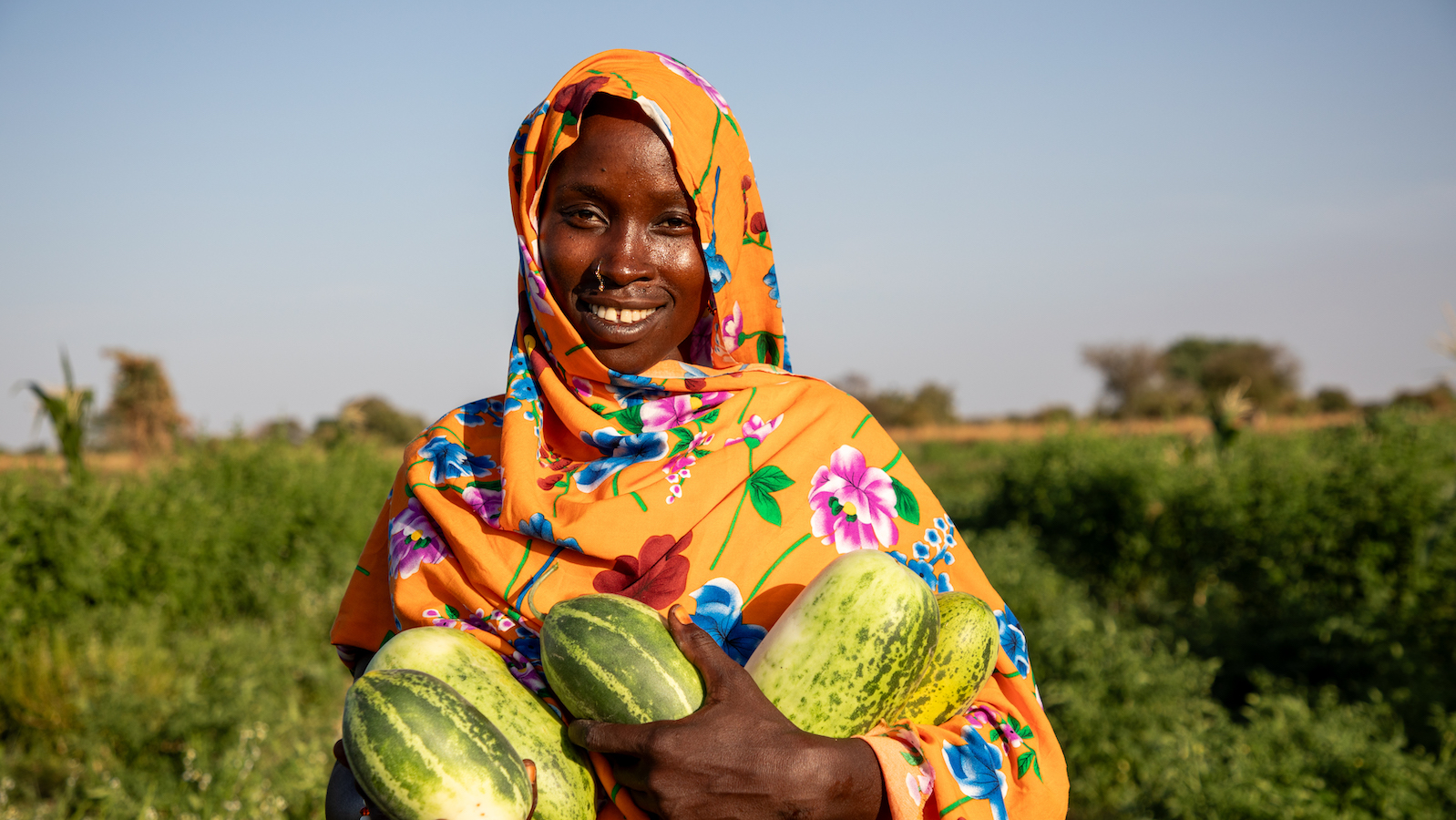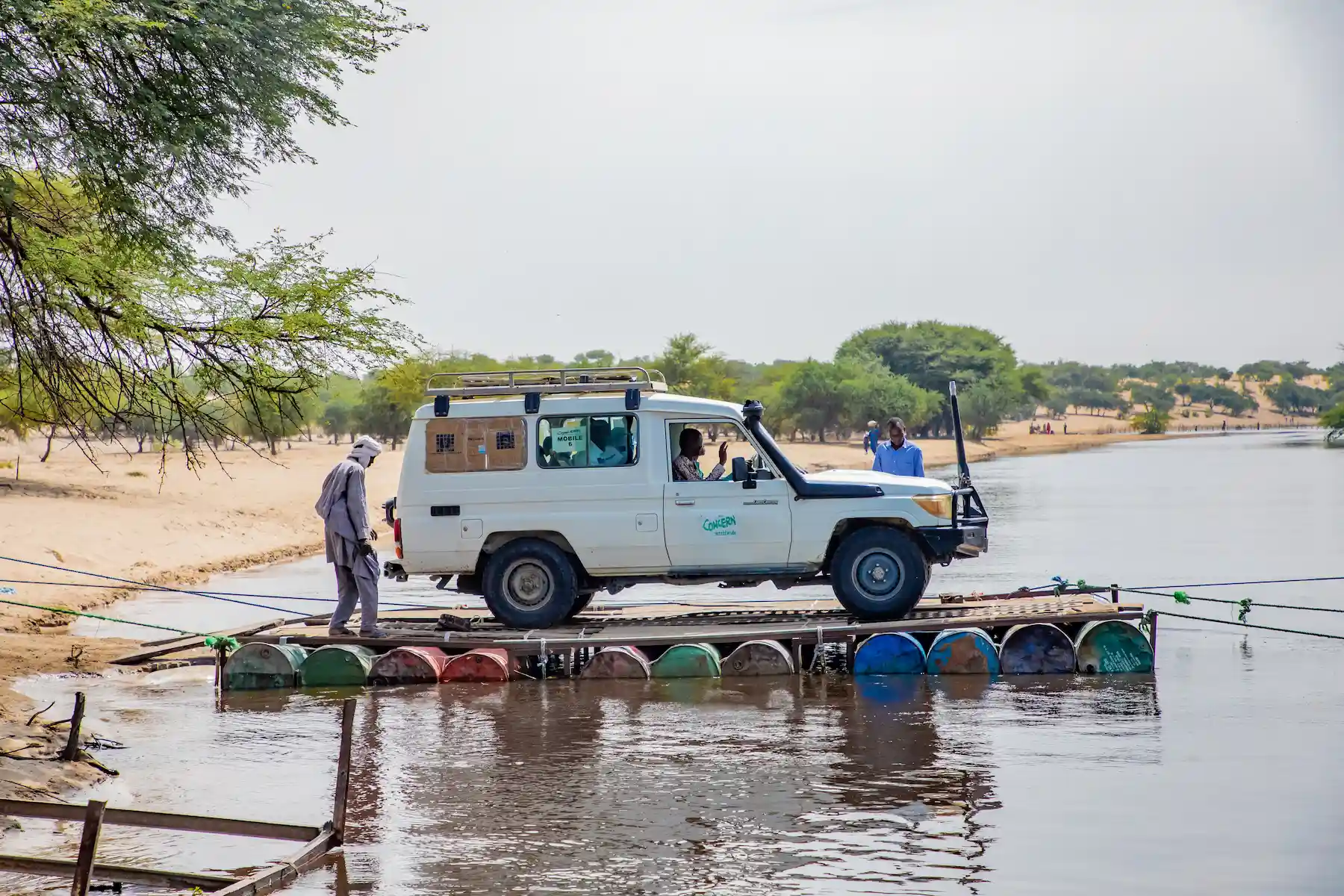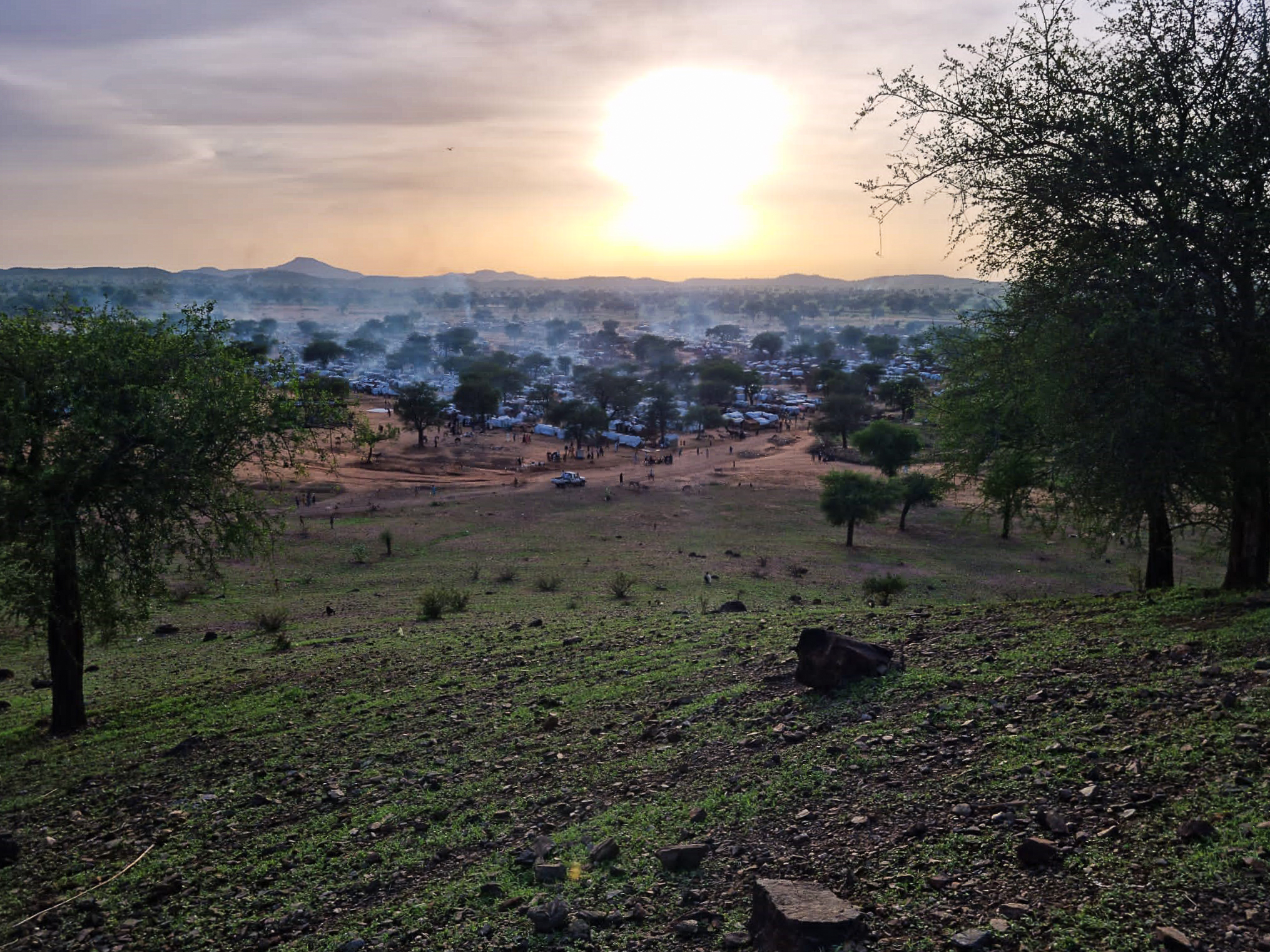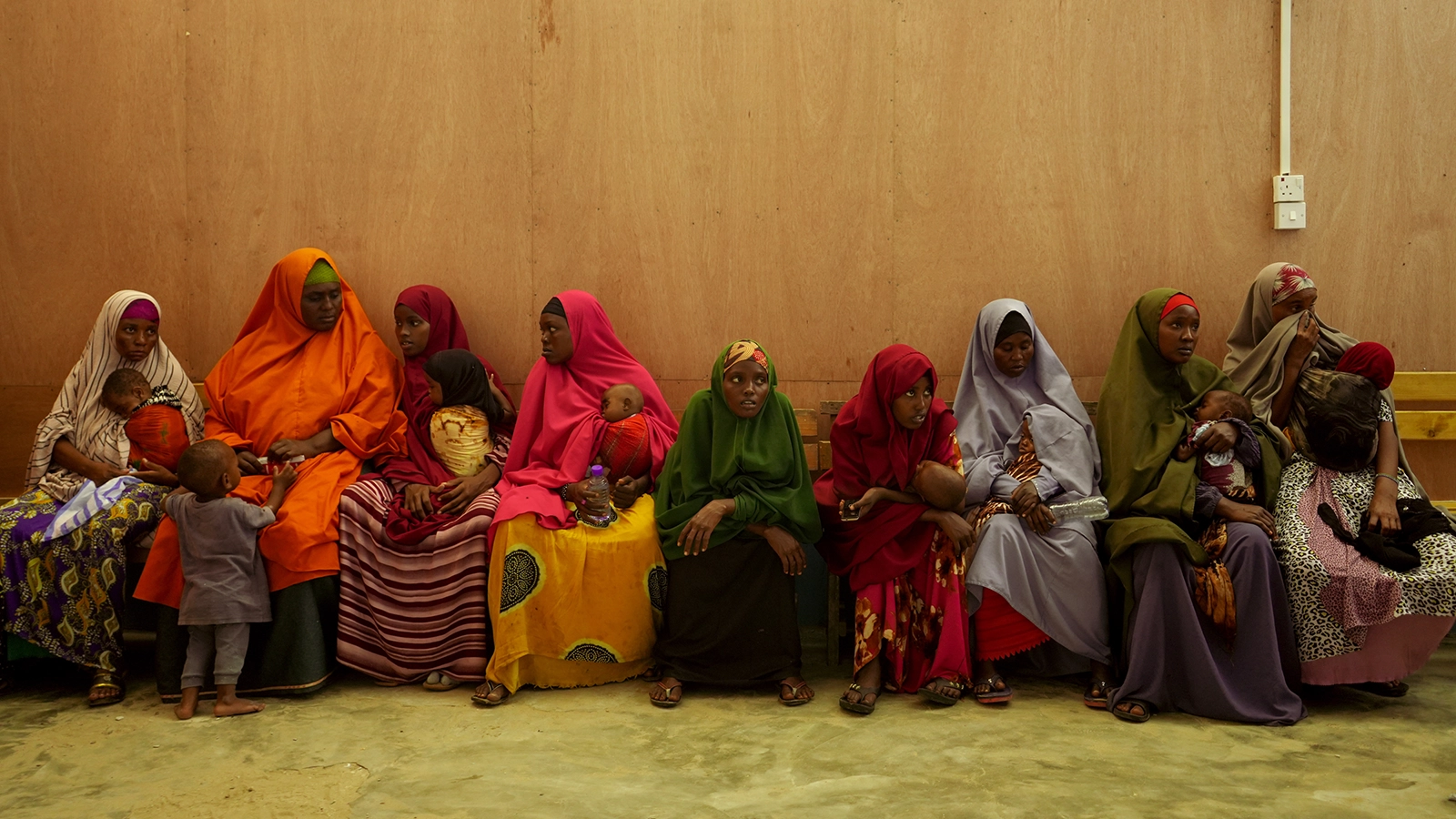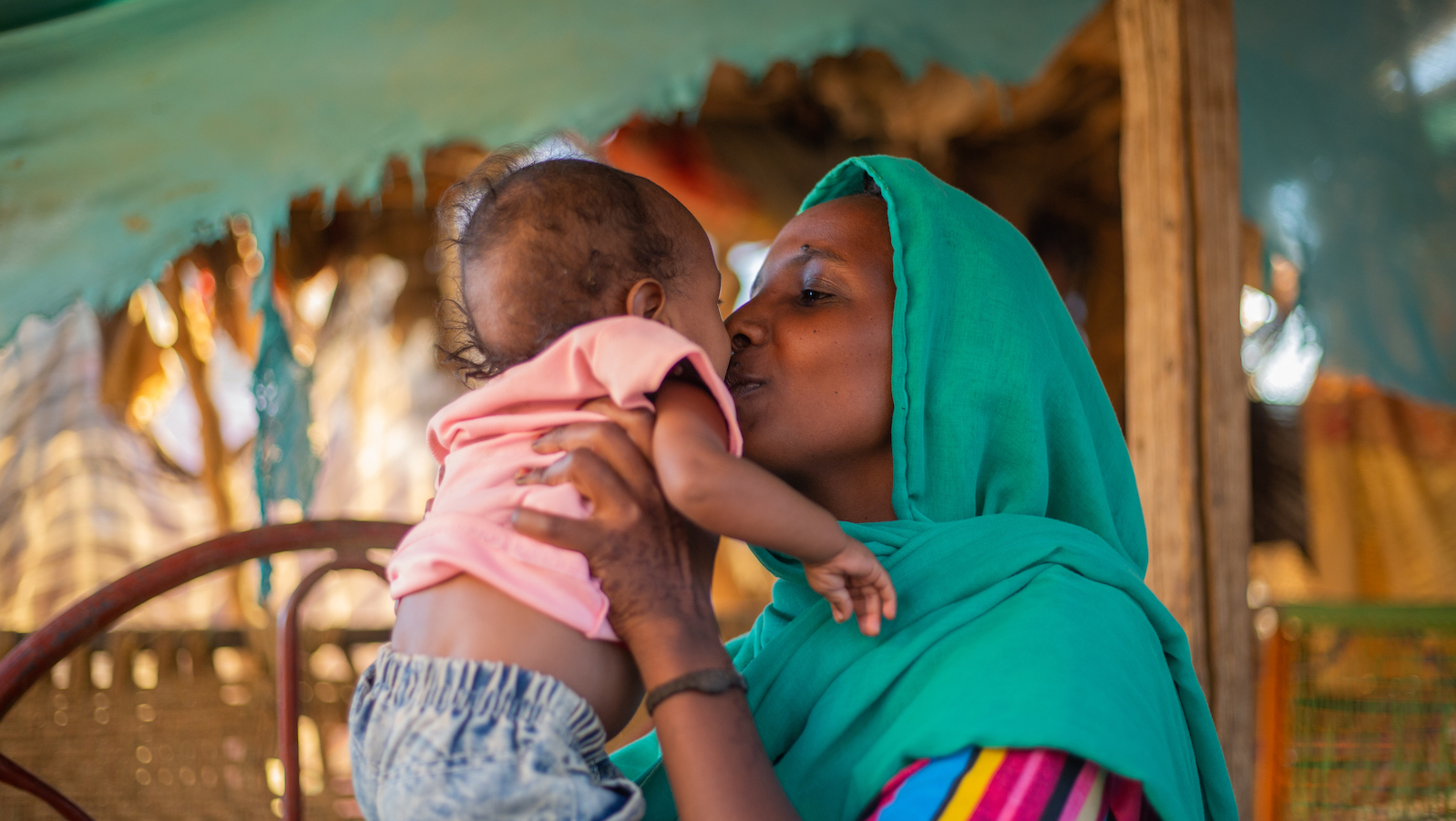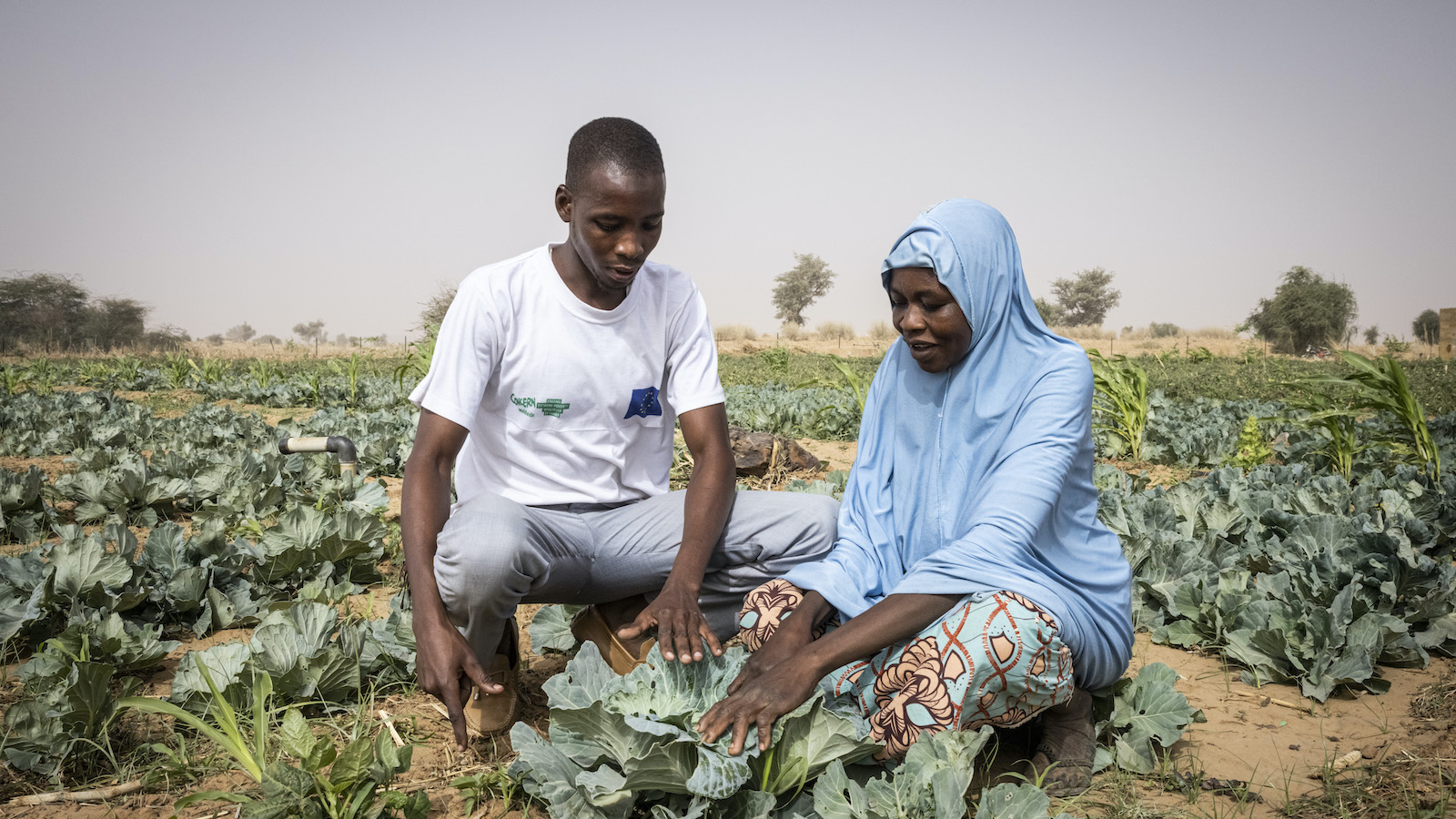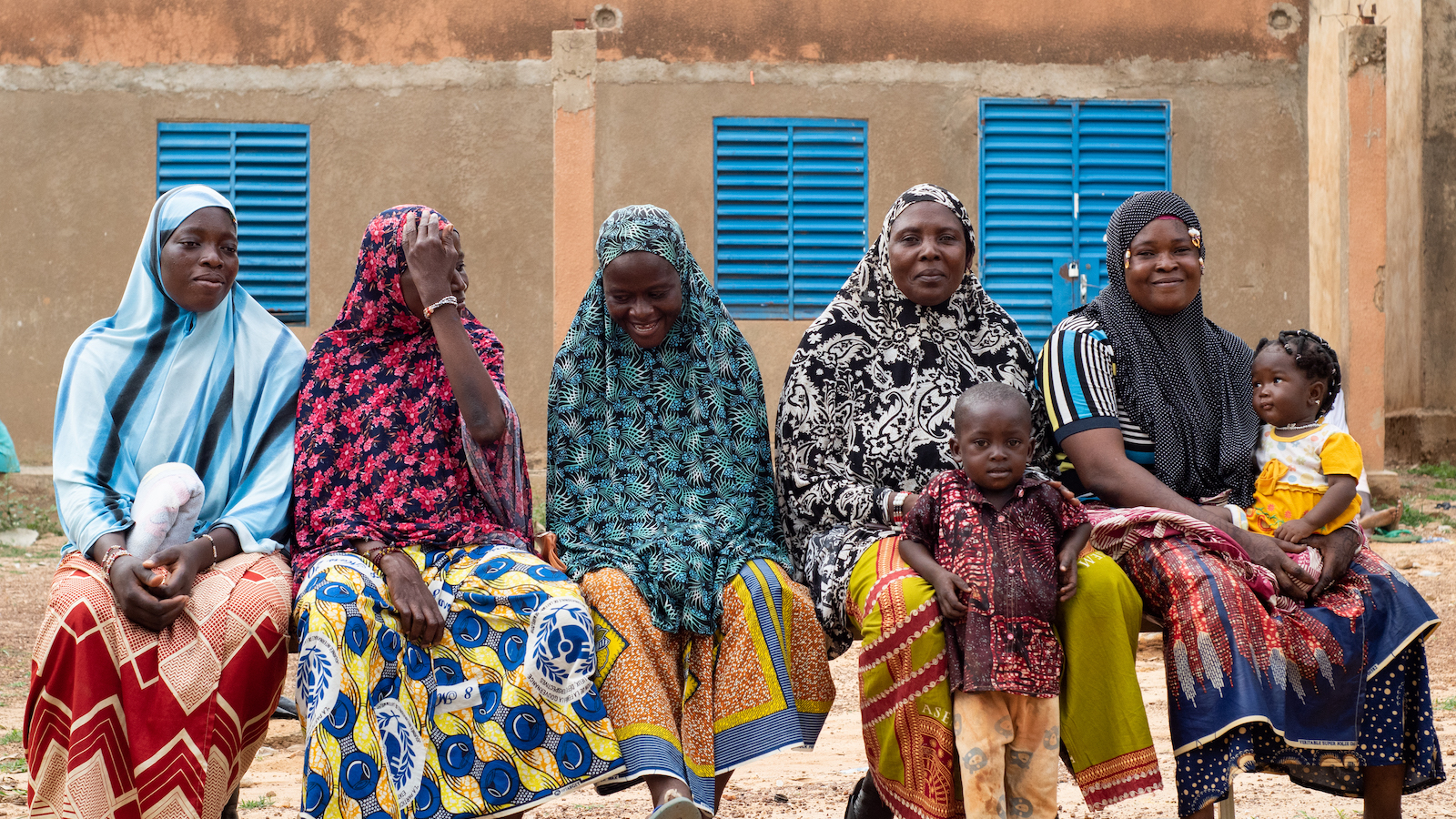Country stats
- Capital: N'Djamena
- Population: 18.27 million
- People requiring humanitarian aid: 6 million
Concern’s response
- Chad program launched: 2007
- Program areas: Climate & Environment, Education, Emergency Response, Health & Nutrition, Livelihoods
Why are we in Chad?
A complex crisis driven by armed conflict, hunger, health crises, and climate change has left nearly one third of Chadians in need of humanitarian assistance. Since April 2023, that crisis has only deepened with an influx of refugees fleeing conflict in neighbouring Sudan.
Nearly one-third of Chad requires humanitarian assistance
Approximately 6 million Chadians will require humanitarian assistance in 2024. This large amount of humanitarian need in Chad has been driven by both local and international conflict, combined with an ongoing hunger crisis, an overwhelmed public health sector, and the consequences of climate change.
Chad is now one of the largest host communities in the world, hosting 1.1 million refugees, many of whom have fled conflict in neighboring Sudan. In February 2024, the Government of Chad declared a food security and nutrition emergency, with the Integrated Food Security Phase Classification (IPC) projecting that approximately 17% of the country are facing hunger.
Latest achievements
Health & nutrition
In 2023, we supported nearly 133,000 vulnerable and displaced people with improved health and nutritional services, free health care services via our mobile clinics, and clean and safe drinking water though the construction and rehabilitation of boreholes.
Education
Last year, we worked with nearly 3,400 students and community members through programs designed to increase access to education, improving the quality of education, and supporting the well-being of children and teachers.
Livelihoods
Our work in building sustainable livelihoods for people in Chad reached over 62,000 people with climate adaptation initiatives, skills training, unconditional cash transfers, and further support to help vulnerable and displaced families set up small businesses.
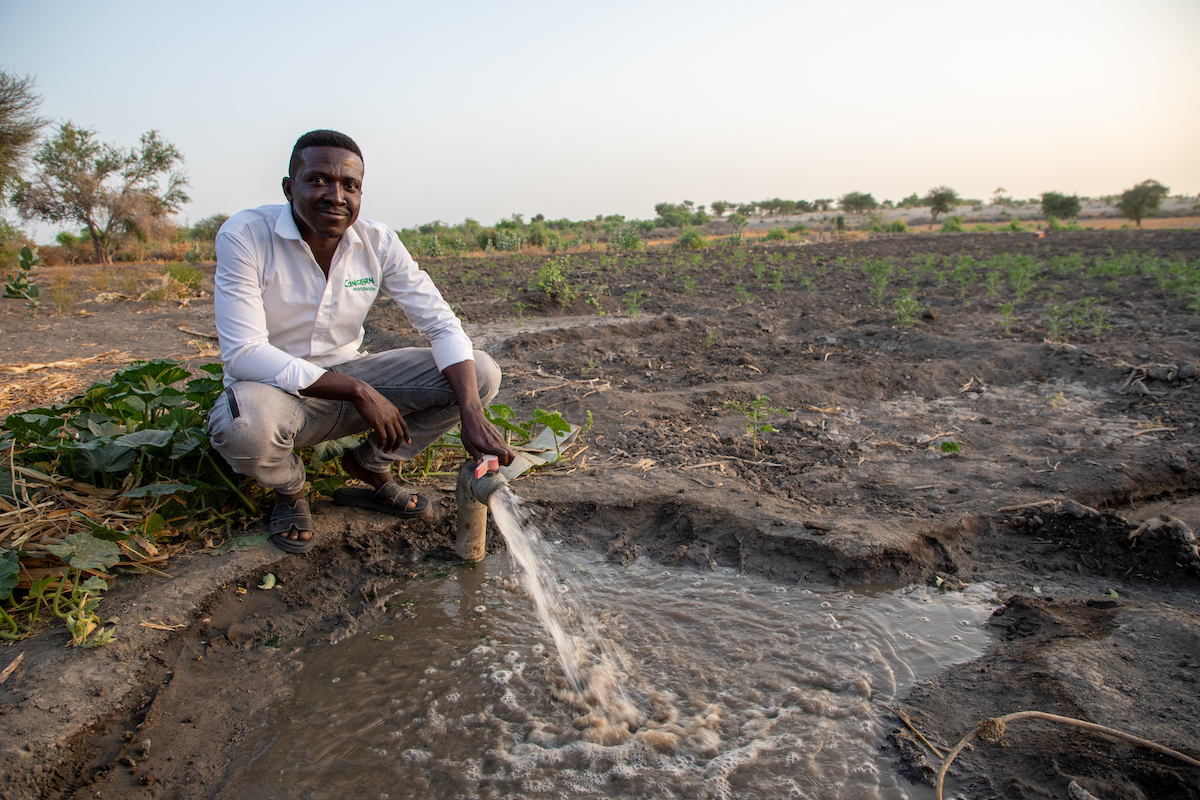
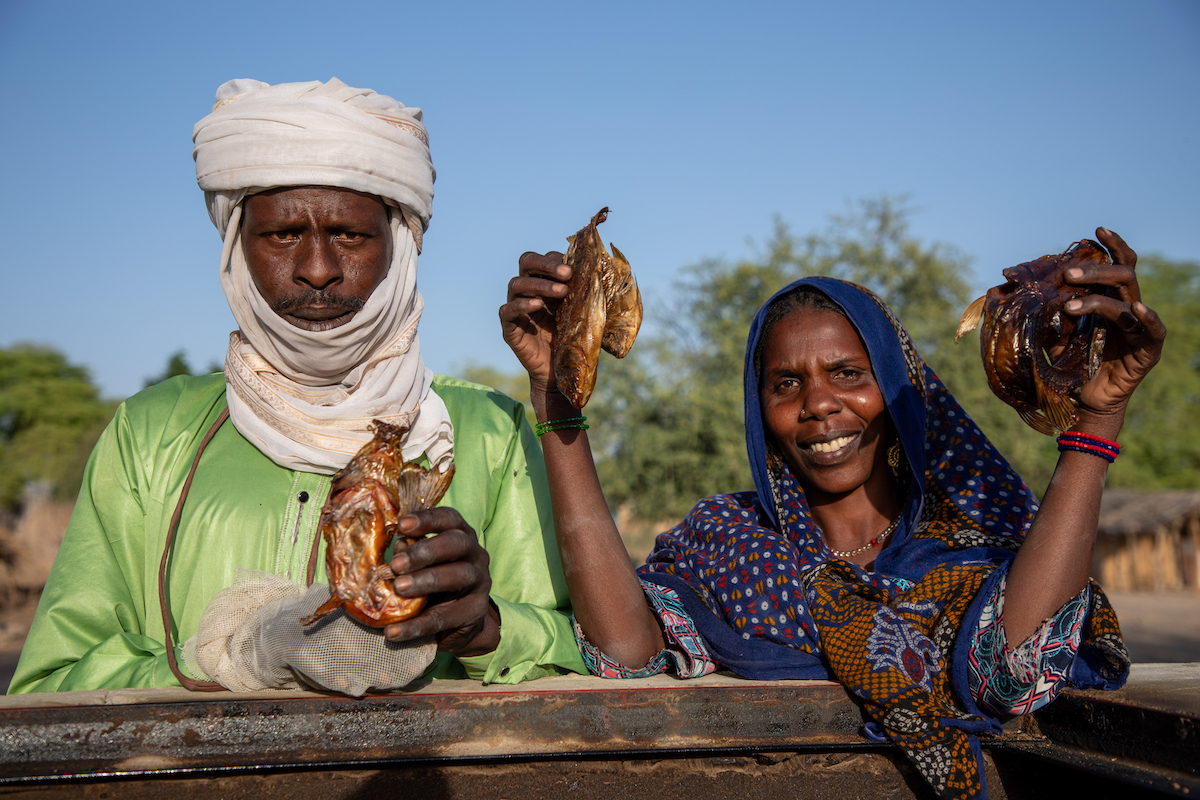
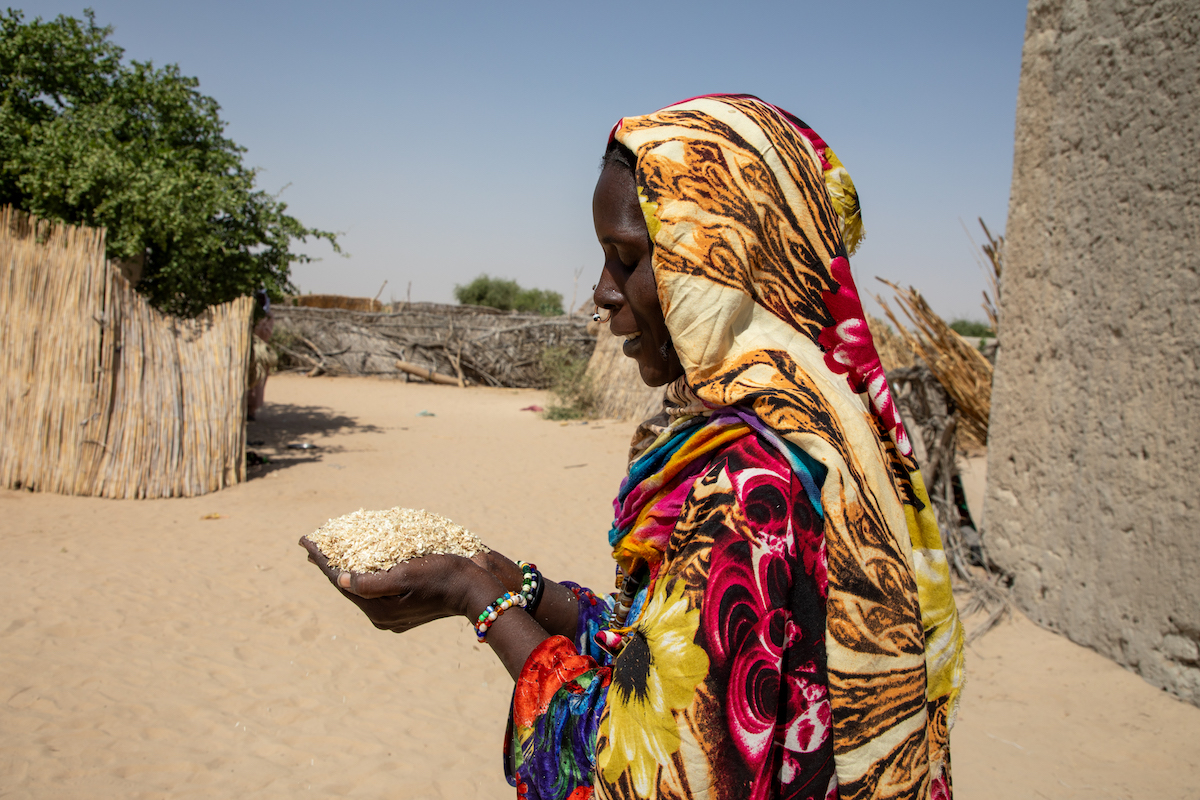
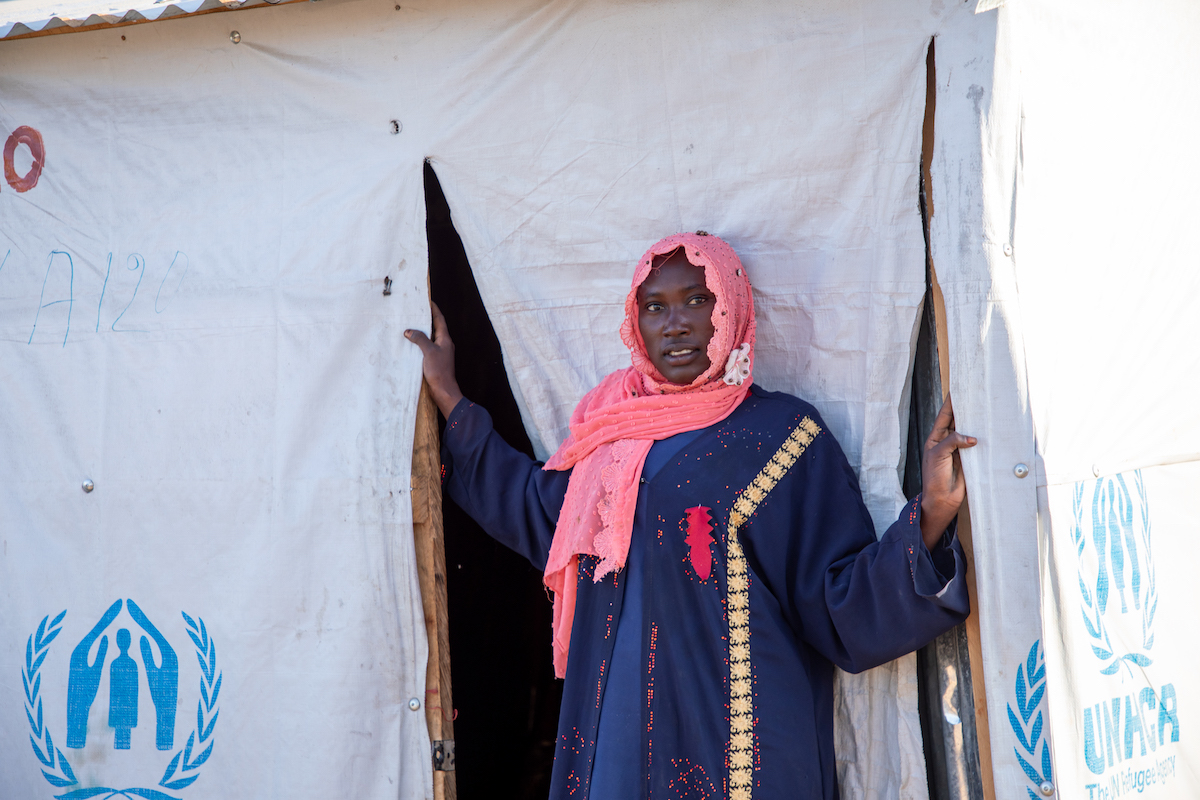
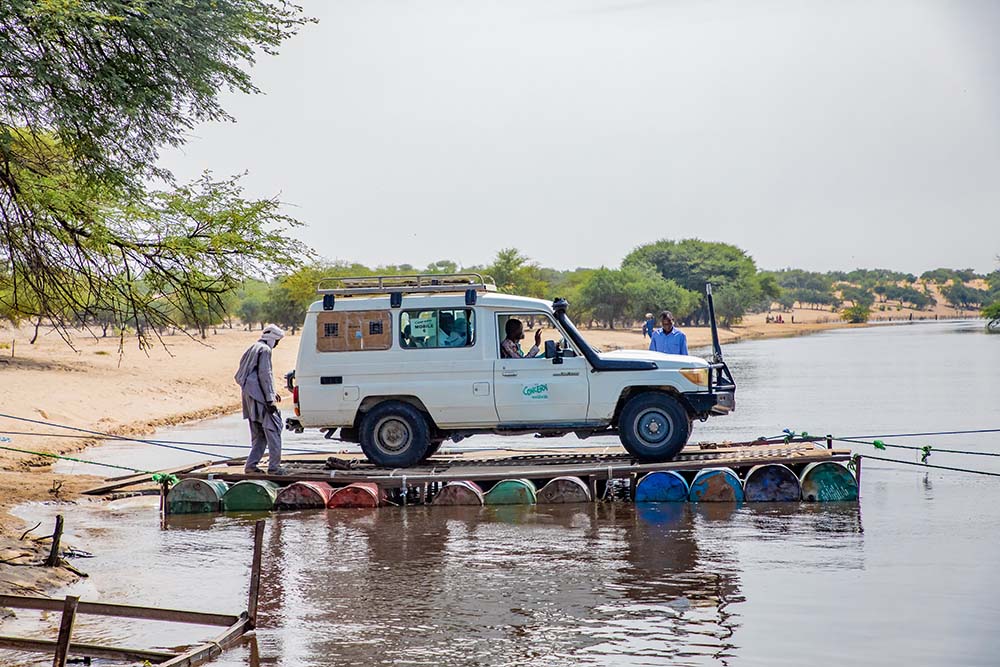
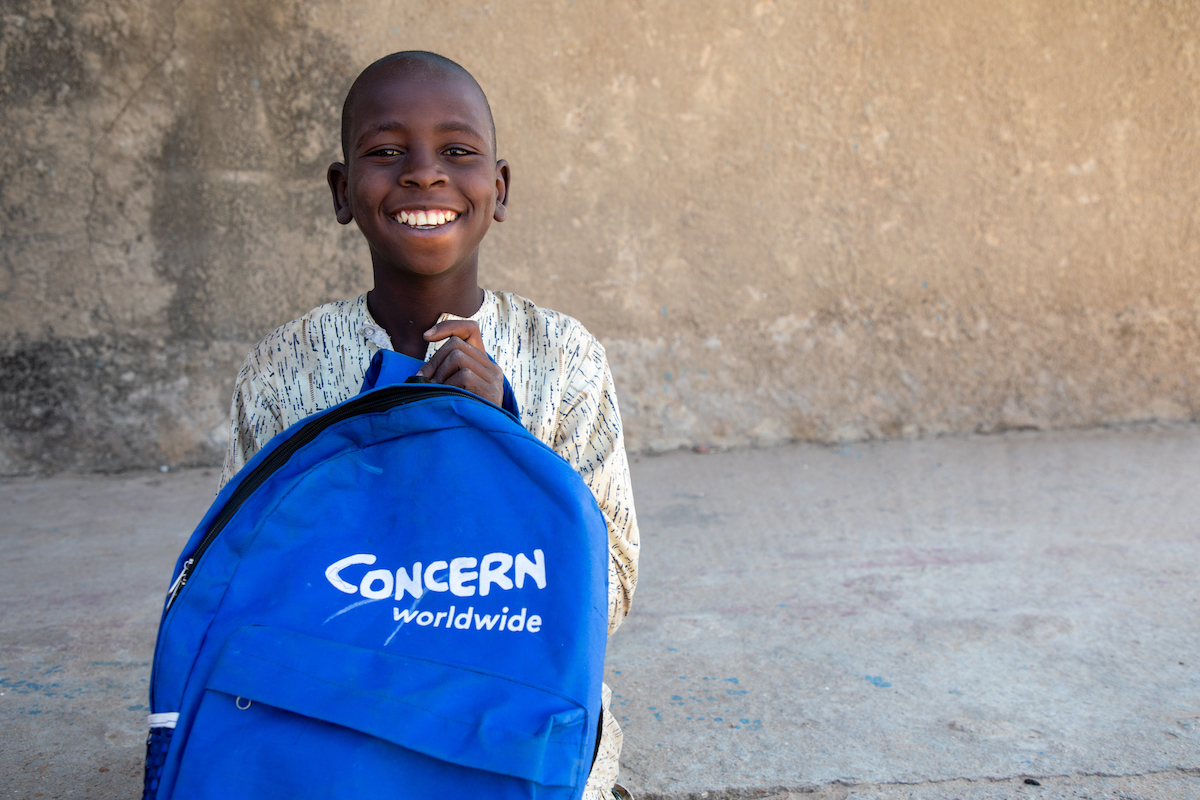
Our work in Chad
In Chad, we’re expanding our humanitarian response to reach the most vulnerable communities while also continuing programs designed to improve livelihoods and food security, build economic resilience, and address the effects of climate change.

